Message From the President
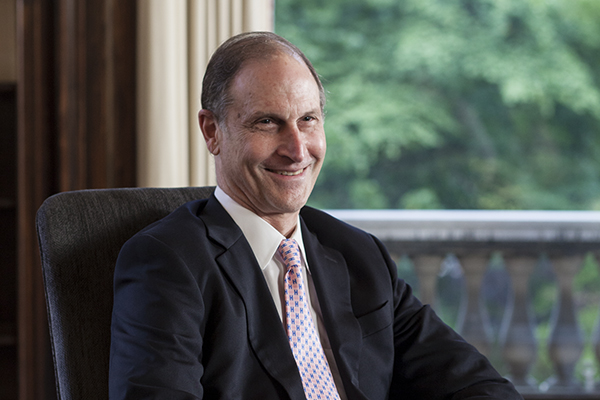
DAVID BLUMENTHAL, M.D.
President, The Commonwealth FundIt will be exactly a century since Anna Harkness, one of the first American women to launch a major foundation, made a gift of $10 million (about $151 million today) and gave the newborn philanthropy the broad charge to "do something for the welfare of mankind."
From the beginning, the Commonwealth Fund has chosen to realize Anna’s vision principally by working to improve health care and make it affordable and accessible for all Americans, especially the most vulnerable.
For example, one of the foundation’s first major grants was to the American Committee for Armenian and Syrian Relief, founded in response to the Armenian genocide and displacement of populations during and after World War I. Another supported one of the earliest efforts to help veterans suffering from what we now call post-traumatic stress syndrome, through publication of a pamphlet titled If He Comes Home Nervous. Later, in the 1970s, the Commonwealth Fund helped establish the first formal U.S. pilot study of hospice care, a concept that had originated in the United Kingdom and is now a widely accepted practice at end of life in our own country.
Enduring Values, Goals, and Methods
Edward Stephen Harkness, Anna’s son and the Fund’s first president, shared his mother’s commitment to responsive philanthropy in service of the social good. He also believed that a staff of talented and experienced people, dedicated to making a difference and open to experimentation, could have a real impact on the health and welfare of Americans. That belief is a hallmark of the foundation a century later.
As our current staff researched the Commonwealth Fund’s history over the past year – with the assistance of the Rockefeller Archive Center, which holds the Fund’s historical records – we were struck by how many of the foundation’s original values and, indeed, its philanthropic methods, have remained constant to this day.
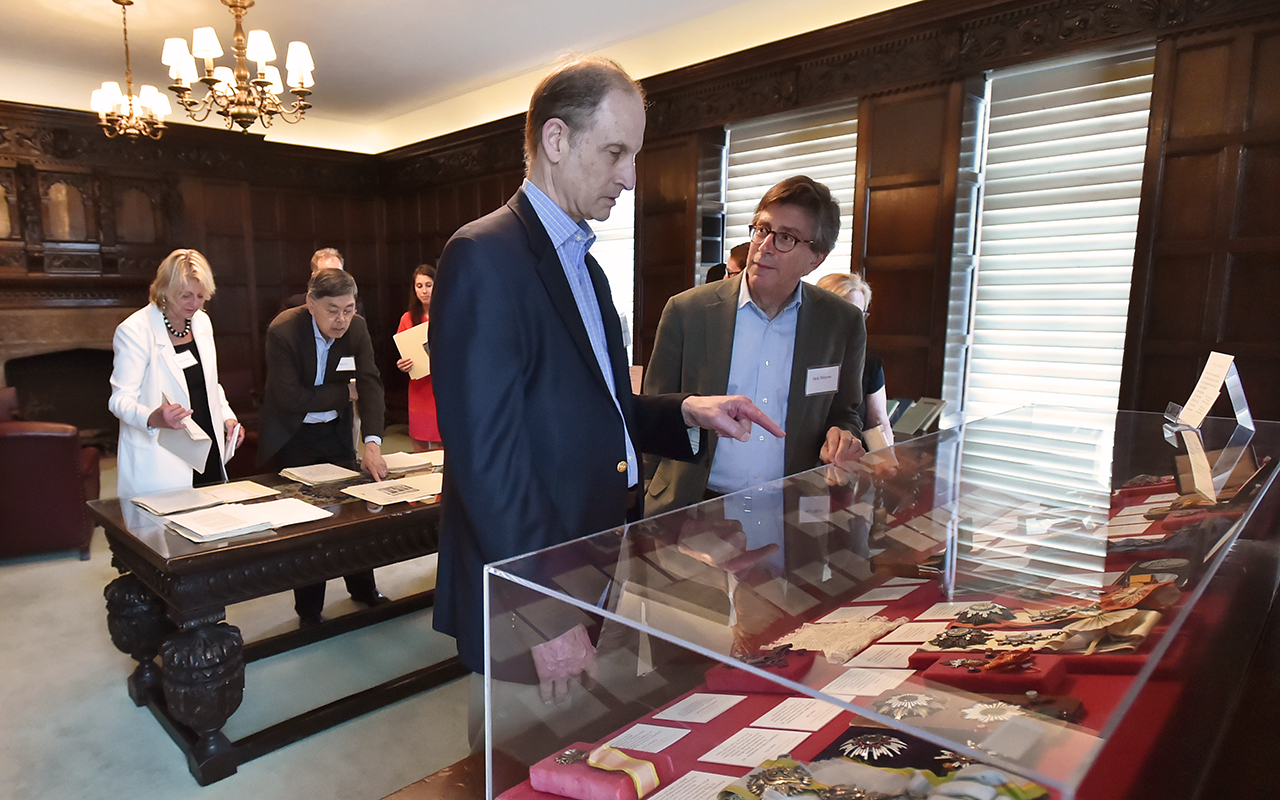
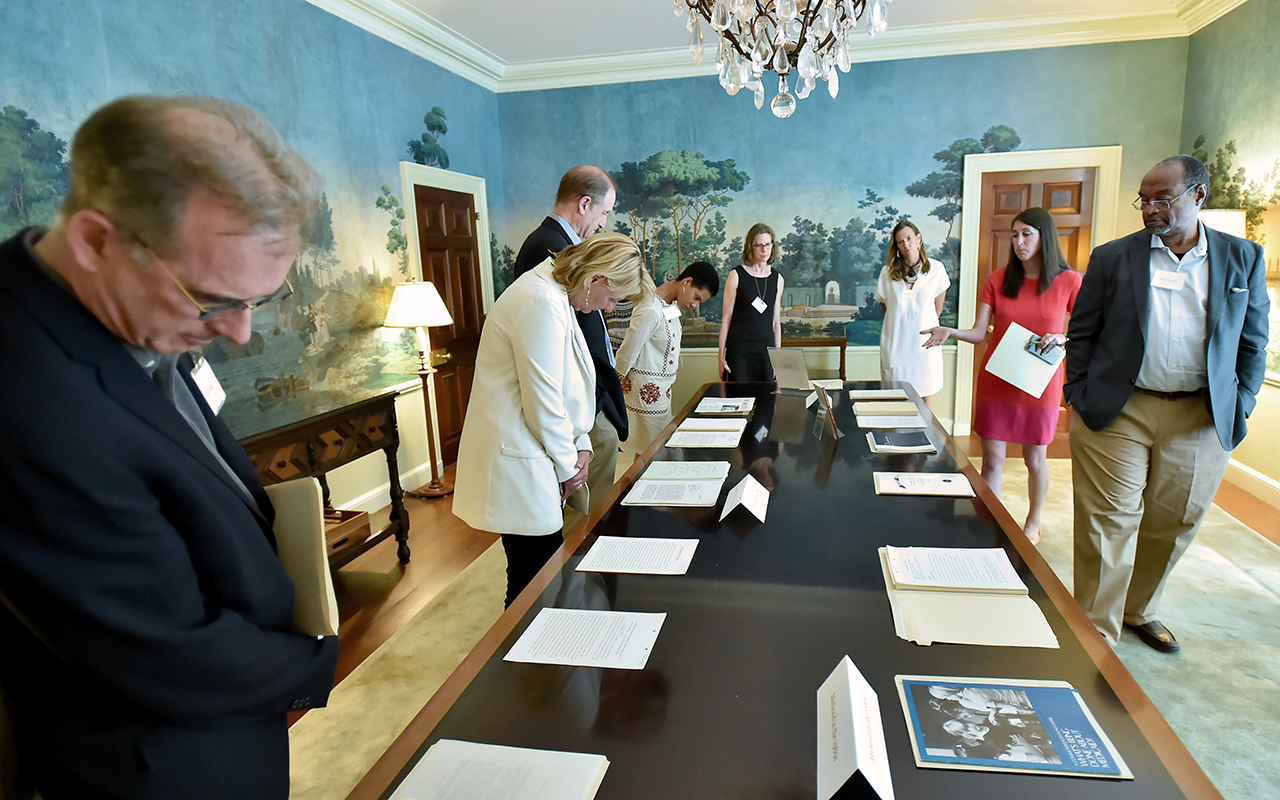
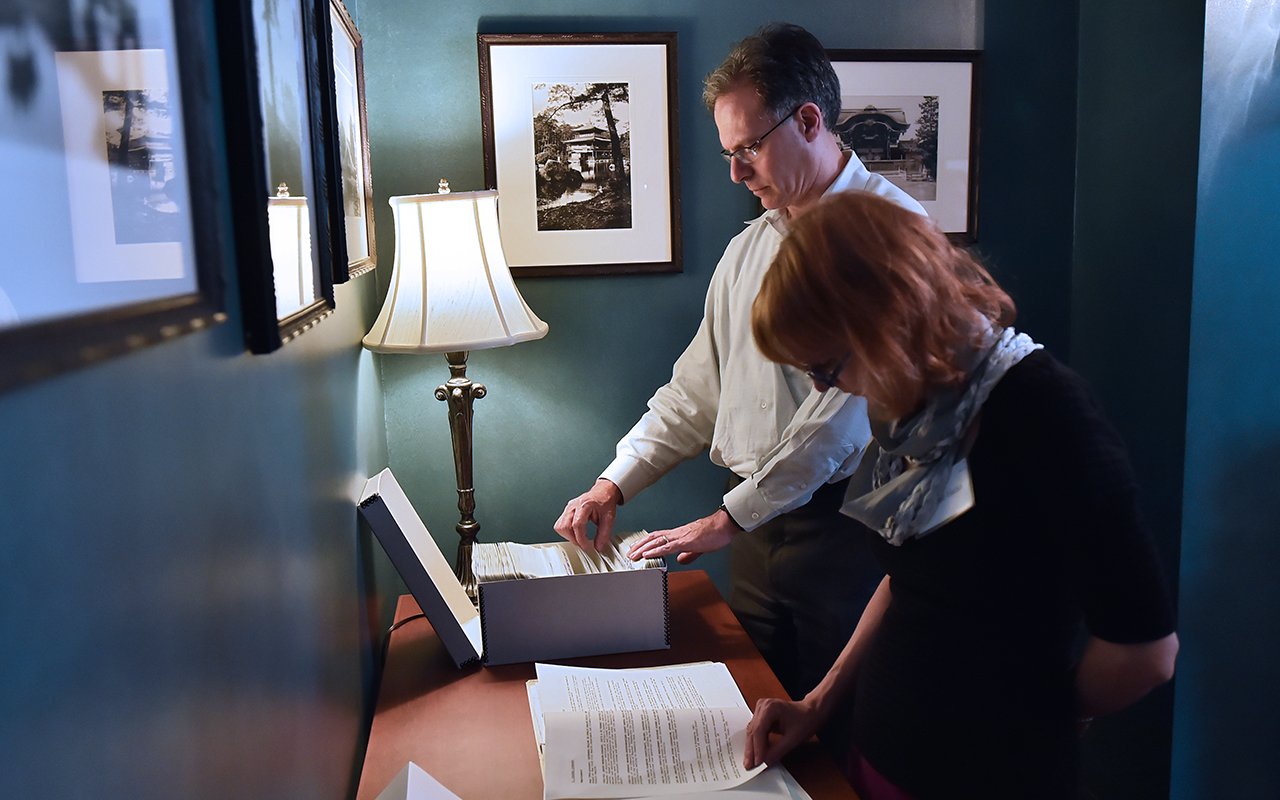
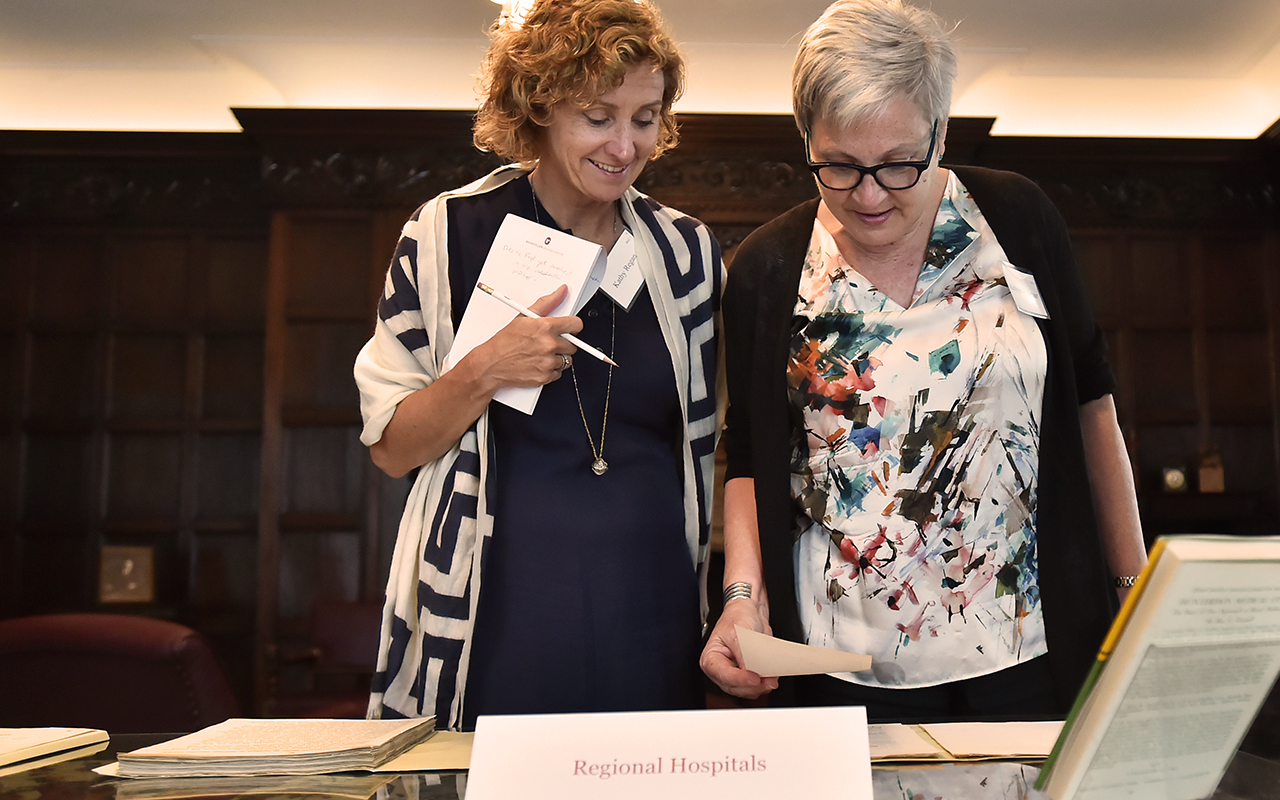

A commitment to expanding access to health care is one example. In its early days, the Commonwealth Fund provided public health services to rural areas with few medical facilities or physicians. Later, it supported minority students entering the medical profession to ensure that all communities in the U.S. had enough health care providers. And the Fund addressed gaps in medical care among the poor elderly and pinpointed the special health care issues that affect girls and women. The goal was always the same: ensuring everyone had access to high-quality, affordable care.
In 2017, given attempts to roll back some of the gains in health insurance coverage made over the past five years, the Commonwealth Fund was focused on drawing attention to Medicaid’s critical role in providing health care to low-income families. In June, we released fact sheets laying out the health and economic benefits Medicaid brings to every state and estimated the federal dollars and jobs lost if Republican health care bills were to become law.
Other research documented how proposed Medicaid spending cuts and policy changes envisioned by the repeal-and-replace bills then circulating in Congress would devastate rural areas of the U.S. already in the throes of an opioid epidemic. In a post on our website, I pointed out how such cuts would not only have threatened coverage for some 200,000 Americans struggling with drug addiction but would have placed the health care of rural children, the sick, the elderly, and people with disabilities at risk — while imperiling the nursing homes, hospitals, and community organizations that serve them.
A commitment to the international exchange of ideas has also been a mainstay of the Commonwealth Fund’s work, practically since the foundation’s inception. The Harkness Fellowships were launched in 1925, and our international health policy symposium, which brings together health ministers and other experts from a dozen or more countries each year, is now 20 years old.
Three years ago, the Fund and the Institute for Healthcare Improvement (IHI) began working with a group of leading U.S. health care delivery systems to test promising patient care innovations from other developed countries. In January 2017, following a rigorous scanning process, 12 health systems each agreed to pilot-test at least one of the four selected innovations, which tackle problems ranging from the overuse of low-value tests and treatments to poorly coordinated patient care.
My own decades-long affiliation with the Commonwealth Fund would not have been possible if I didn’t share the fundamental values underlying all this work.
Long before I became president, I was a Fund grantee and served on several Fund commissions, including the Commission on a High Performance Health System, which I also chaired. My experiences as a primary care physician, hospital administrator, health system manager, and policymaker had focused my interest in how the U.S. health system delivered care and how that could be improved. It comes as no surprise, then, that I was powerfully drawn to the Fund’s mission of pursuing a high performing health system and to its commitment to equity, to health coverage for all Americans, and to making a real difference.
Carrying the Legacy Forward
In turbulent times – and there have been many since 1918 — the preservation of our nation’s values and institutions falls heavily to the nongovernmental organizations that constitute civil society. These include our churches, synagogues, and mosques; our universities; and our many charitable and philanthropic organizations. The Commonwealth Fund is one of these institutions.
As an endowed philanthropy, the Fund has for a century enjoyed the extraordinary privilege of economic independence. Part of our obligation in return is to hold a mirror up to the rest of our society: to show where we are meeting the needs of our people, and where we still have work to do.
To mark the Commonwealth Fund’s centennial year, we have launched a new website to illuminate the foundation’s unique history and, we hope, draw some lessons from our work over the past hundred years. Visitors who are familiar only with the Fund of recent years may be surprised to learn of some earlier efforts — for example, our support for the research leading to the widespread adoption of the Pap smear, or the rural hospital-building efforts that set the stage for enactment of the Hill-Burton Act. Others may be unaware of the Commonwealth Fund’s important contributions to the evidence base and framework for health reform, culminating in the Affordable Care Act.
I invite you to explore the Fund’s centennial site and to dig deeper into this annual report, not only to reflect on the work of the Commonwealth Fund over a momentous century but to see how that work has been informed by a constancy of mission coupled with an attuned responsiveness to the ever-changing American health system.
Our hope is that you will come away with a better understanding of the Commonwealth Fund’s rich and diverse history, its current work, and its vision for the future.
